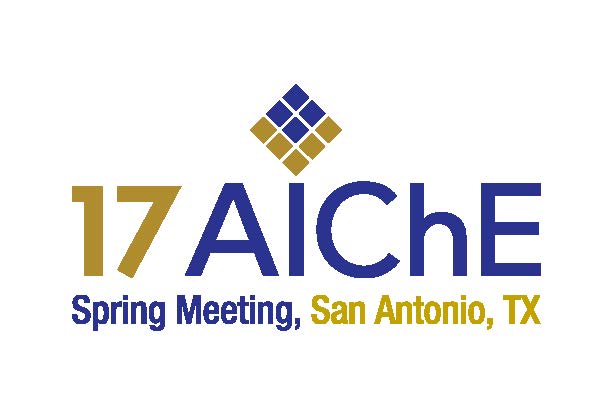

Several of Cargill’s operations involve transfer of liquids to or from transportation containers, such as portable tanks or truck tankers. Some liquids have benign characteristics while others have toxic or flammable properties. The risk of loss of containment (LOC) during transfer operations is typically evaluated through qualitative process hazard analysis (PHA) techniques. PHAs can be supplemented with Layer of Protection Analysis (LOPA) if the consequence or perceived risks are higher than an acceptable threshold. LOPA is a rule-based semi-quantitative risk analysis technique. A circumspective review of LOPA studies for unloading certain hazardous materials across Cargill revealed that although the final risks were a similar order of magnitude, the approaches to calculating these risks differed between LOPA studies. The initiating event frequency (IEF) was the primary parameter that varied among the studies. It was found that differing assumptions and different underlying failure rates were applied among the studies to estimate the IEF. The IEF varied by as much as three orders of magnitude for seemingly identical processes. This paper discusses the authors’ approach to understanding and addressing this inconsistency between LOPA studies. The authors used Human Reliability Analysis (HRA) with the Human Error Assessment and Reduction Technique (HEART) method to develop uniform IEFs for LOPA. In addition, the HRA improved the organization’s understanding of the potential initiating events, the critical procedural steps in the prevention of the scenario, and the most likely error producing conditions to cause operator error. The model for application of HRA to unloading procedures is described along with the assumptions and limitations of the approach.
Presenter(s)
Once the content has been viewed and you have attested to it, you will be able to download and print a certificate for PDH credits.
If you have already viewed this content,
please click here
to login.
Language
Pricing
Individuals
| AIChE Member Credits | 0.5 |
| AIChE Pro Members | $19.00 |
| Employees of CCPS Member Companies | Free |
| AIChE Graduate Student Members | Free |
| AIChE Undergraduate Student Members | Free |
| AIChE Explorer Members | $29.00 |
| Non-Members | $29.00 |
